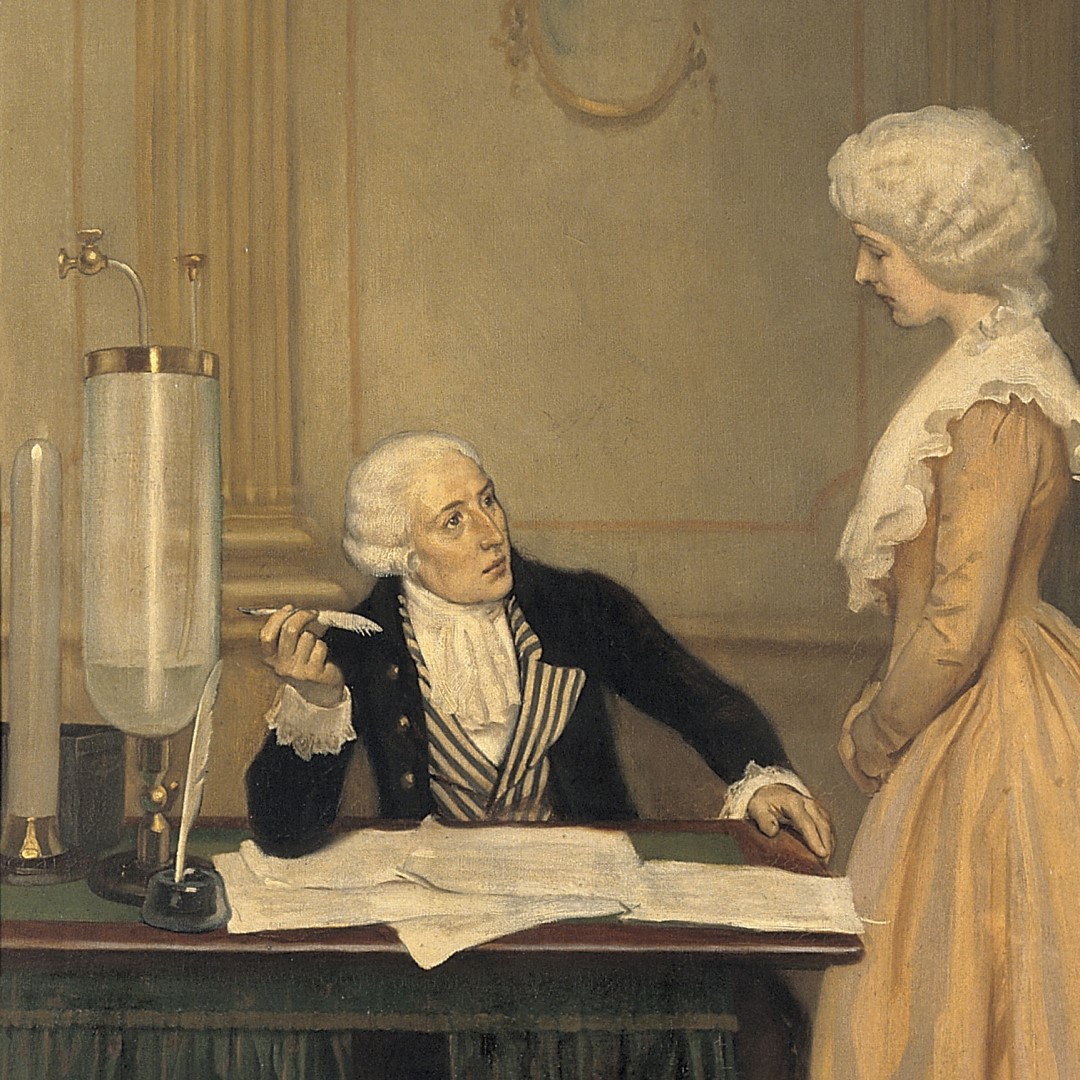
Antoine-Laurent de Lavoisier, considered the “Father of modern chemistry” was guillotined
On May 8, 1794, Antoine-Laurent de Lavoisier, considered the “Father of modern chemistry” was guillotined during the French Revolution in Paris.
Lavoisier was a meticulous experimenter and revolutionized chemistry. He established the law of conservation of mass, determined that combustion and respiration are caused by chemical reactions with what he named “oxygen,” and helped systematize chemical nomenclature, among many other accomplishments.
A political and social liberal, Lavoisier took an active part in the events leading to the French Revolution, and in its early years he drew up plans and reports advocating many reforms, including the establishment of the metric system of weights and measures.
Despite his eminence and his services to science and France, he came under attack as a former farmer-general of taxes and was guillotined in 1794. A noted mathematician, Joseph-Louis Lagrange, remarked of this event, “It took them only an instant to cut off that head, and a hundred years may not produce another like it.”
One and a half years following his death, Lavoisier was exonerated by the French government.
Tags:
Source: Chemical Heritage Foundation
Credit:
